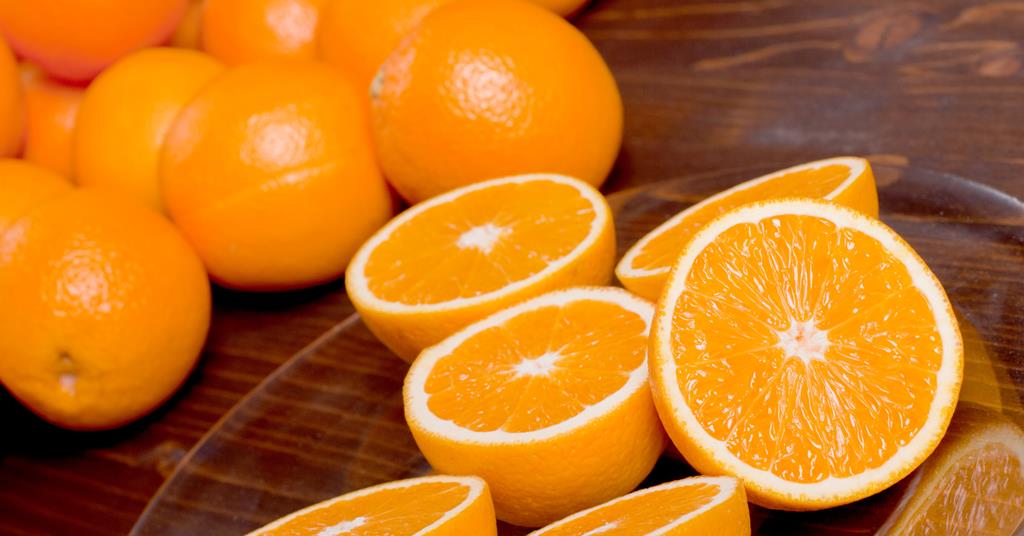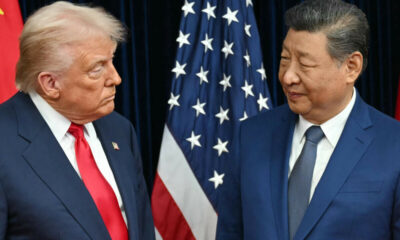Business
South African Citrus Industry Faces EU Trade Hurdles Worth Billions

South African Citrus Growers Feel the Squeeze
South Africa’s citrus industry, the country’s largest agricultural export sector, has been grappling with escalating costs and regulatory hurdles imposed by the European Union. Since 2023, citrus growers have spent nearly R4-billion annually to comply with new EU import restrictions, leaving many smaller farmers struggling to stay competitive.
The EU’s rules target two plant health threats: the false codling moth (FCM) and citrus black spot (CBS). While South Africa acknowledges the risks, local growers and officials argue that the EU measures are disproportionate, opaque, and potentially protectionist.
A Longstanding Dispute
The dispute dates back to 2022, when the EU introduced stricter CBS rules and temporary emergency measures for FCM, later making them permanent. These measures disrupted shipments already en route, with dozens of containers halted at EU ports. In response, South Africa initiated its first-ever World Trade Organization (WTO) dispute over FCM in July 2022, followed by a CBS challenge in April 2024. Despite consultations, both disputes remain unresolved, with panels yet to be appointed.
Science, Trade, and Perceived Protectionism
South Africa does not contest the goal of plant health but questions whether the EU measures comply with the WTO’s Sanitary and Phytosanitary (SPS) Agreement. Exporters argue that the EU’s requirements—rigid cold treatment protocols, for example are more trade-restrictive than necessary, ignoring less restrictive options like pest-free zones or seasonal tailoring.
Moreover, critics note inconsistencies: Israel received exemptions from FCM rules, and several South American countries were temporarily exempted from CBS requirements, while South African growers faced stricter conditions.
“The timing of the restrictions, coinciding with Europe’s off-season, raises eyebrows,” says Franziska Sucker of the University of the Witwatersrand. “It suggests these measures, though framed as biosecurity rules, may also protect EU producers from competition.”
Economic Impacts and Job Losses
The financial burden on growers is enormous, with smaller farmers, who account for more than one-third of South Africa’s citrus exports—most affected. The EU accounts for roughly 40% of South Africa’s citrus exports, about 64–68 million 15kg cartons per year, mainly during Europe’s off-season.
Beyond compliance costs, delays and uncertainty have broader economic consequences. The situation threatens market stability and highlights the vulnerabilities faced by developing-country exporters in global trade.
The Bigger Picture: Trade Rules and Global Influence
The citrus dispute underscores the tension between biosecurity and fair trade. WTO rules require that import restrictions be science-based, proportionate, and non-discriminatory. South Africa’s case challenges whether these principles are consistently applied, raising questions about how powerful economies can influence trade rules and extend their standards worldwide.
Similar pressures are felt across sectors: the United States has introduced new citrus tariffs, while South African poultry import restrictions have also faced scrutiny. For African exporters, the citrus case is a test of whether international trade law can effectively balance safety, fairness, and market access.
What Needs to Change
Resolving these disputes will require clarity on scientific justification, transparent risk assessment, and consistent application of standards. The goal is not to weaken plant health measures but to prevent them from becoming hidden trade barriers.
For South Africa and its citrus growers, the stakes are high. Maintaining access to the EU market while defending fair trade principles will be crucial to securing the country’s reputation as a leading global citrus exporter.
{Source: Daily Maverick}
Follow Joburg ETC on Facebook, Twitter , TikTok and Instagram
For more News in Johannesburg, visit joburgetc.com


























